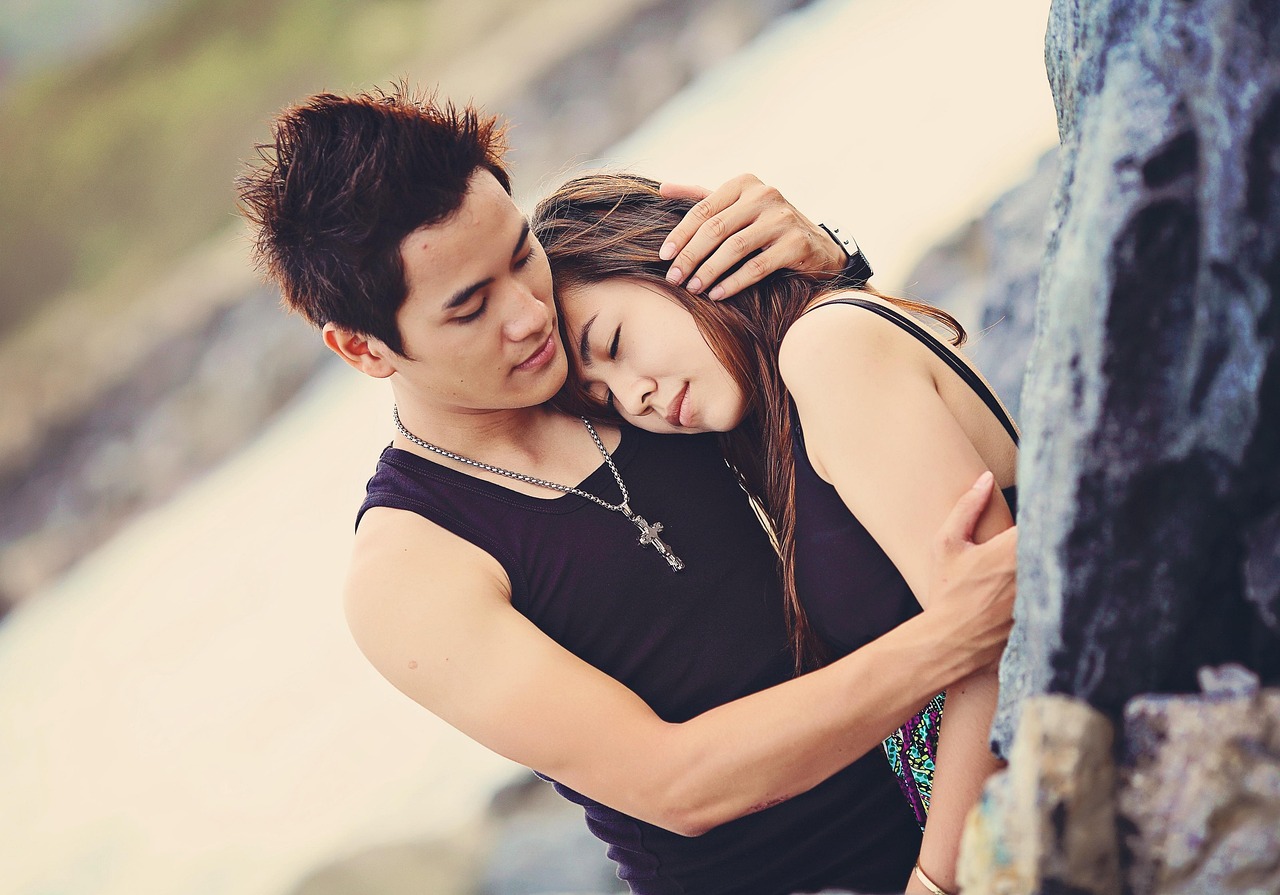The allure of finding “the one” while navigating a whirlwind of drama, tropical locations, and manufactured deadlines is undeniable. Dating reality shows have become a staple of modern entertainment, captivating audiences with their blend of romance, competition, and unfiltered human interaction. But beyond the perfectly tanned bodies and strategically placed rose ceremonies, what is the real dating reality? Are these shows a genuine reflection of the dating world, or are they carefully constructed narratives designed for maximum entertainment value? This blog post delves into the fascinating, and sometimes unsettling, world of dating reality, exploring its impact, influence, and the truths hidden beneath the surface.
The Rise of Dating Reality: A Cultural Phenomenon
Dating reality shows aren’t just a passing fad; they represent a cultural shift in how we view relationships, romance, and even ourselves. From early pioneers like “The Bachelor” to the more recent explosion of diverse dating formats, these shows have tapped into a primal human desire: to witness the messy, exhilarating, and often heartbreaking journey of finding love.
Evolution of the Genre
- Early Days: “The Bachelor” and “The Bachelorette” set the stage with their formulaic structure: one protagonist, a group of suitors, and a gradual elimination process culminating in a final proposal.
- The Rise of “Real”: Shows like “Love Island” and “Are You the One?” introduced a new level of relatability (and often, outrageousness) by featuring contestants with more diverse backgrounds and personalities.
- Specialized Dating: We now see shows catering to niche interests and demographics, such as “Love on the Spectrum” which brings neurodiversity to the forefront or “Farmer Wants a Wife” which highlights rural romance.
Why Are They So Popular?
- Escapism: These shows offer a temporary escape from the mundane realities of our own lives, allowing us to vicariously experience the thrill of new connections and exotic locations.
- Relatability: Despite the often-dramatic situations, viewers can often identify with the contestants’ struggles with vulnerability, rejection, and the complexities of modern dating.
- Guilty Pleasure: Let’s be honest, there’s an undeniable appeal to witnessing the drama, the catfights, and the awkward encounters that unfold within these artificial environments.
The Illusion of Authenticity: How Shows are Produced
While dating reality shows aim to depict real people and their romantic pursuits, the reality is often heavily manipulated for maximum entertainment value. Understanding the production techniques used can help viewers become more discerning consumers of this content.
The Power of Editing
- Frankenbiting: Taking snippets of conversations and piecing them together to create a misleading narrative is a common practice.
- Selective Storytelling: Producers carefully select which storylines to highlight, often focusing on the most dramatic or controversial moments.
- Music and Sound Effects: Music and sound effects are used to heighten emotions and create a sense of suspense, influencing how viewers perceive a scene.
Casting and Character Archetypes
- The Villain: Every good story needs a villain, and dating reality shows are no exception. Contestants are often cast with specific personality traits designed to create conflict.
- The Underdog: Viewers love to root for the underdog, and producers are adept at identifying contestants who evoke sympathy and support.
- The Heartthrob/Heartbreaker: The attractive contestant who has multiple admirers and inevitably breaks a few hearts is a staple of the genre.
The Influence of Producers
- Staging Conversations: Producers often suggest topics of conversation or even steer contestants towards specific interactions.
- Manipulating Environments: The controlled environment of the show allows producers to manipulate lighting, camera angles, and even alcohol consumption to influence behavior.
- The “Confessional” Interviews: These one-on-one interviews provide producers with a direct line to shape the narrative and influence how contestants are perceived.
The Impact on Real Dating
Dating reality shows have undeniably influenced our perceptions of love, relationships, and even how we approach dating ourselves. While some of these influences can be positive, others can be detrimental.
Unrealistic Expectations
- The Fairy Tale Myth: These shows often perpetuate the myth of instant connection and the “perfect match,” leading to unrealistic expectations in real-life dating.
- The Importance of Physical Appearance: The emphasis on physical attractiveness can reinforce harmful beauty standards and make people feel inadequate.
- The Pressure to “Perform”: Contestants are often encouraged to be overly dramatic and performative, which can translate into real-world dating scenarios where people feel pressured to be someone they’re not.
The Normalization of Unhealthy Behaviors
- Love Triangles and Jealousy: The constant competition and the prevalence of love triangles can normalize jealousy and possessiveness.
- Public Humiliation: Contestants are often subjected to public humiliation and scrutiny, which can desensitize viewers to the impact of online shaming.
- Emotional Manipulation: The manipulative tactics employed by producers and contestants can blur the lines between genuine connection and exploitation.
Positive Influences
- Openness to Different Types of Relationships: Shows like “Love on the Spectrum” have helped to broaden our understanding of different types of relationships and challenges.
- Increased Awareness of Dating App Culture: Many shows reflect the realities of modern dating app culture, sparking conversations about online dating etiquette and expectations.
- Emphasis on Self-Discovery: Some shows encourage contestants to reflect on their own flaws and insecurities, promoting self-awareness and personal growth.
Dating Reality Success Stories: Are They Real?
Despite the manipulated environment and the high rate of breakups, some couples have actually found lasting love on dating reality shows. But are these success stories genuine, or are they simply the exception that proves the rule?
Examples of Successful Couples
- Sean Lowe and Catherine Giudici (The Bachelor): One of the most enduring Bachelor Nation couples, they are married and have children. Their success is often attributed to their genuine connection and shared values.
- Jamie Otis and Doug Hehner (Married at First Sight): Initially skeptical, they have built a strong relationship and family after being matched on the show.
- Asher O’Brien and Harper Purdy (The Ultimatum: Queer Love): Proving that connections can indeed arise out of even unconventional circumstances.
Factors Contributing to Success
- Genuine Connection: The couples who succeed often have a genuine emotional connection that transcends the artificial environment.
- Shared Values: Couples who share similar values and goals are more likely to build a lasting relationship.
- Commitment and Effort: Even the most promising relationships require effort and commitment, especially after the cameras stop rolling.
The Reality of Breakups
- High Divorce Rates: The divorce rate for couples who meet on dating reality shows is significantly higher than the national average.
- Pressure of Public Scrutiny: The constant public scrutiny can put a strain on even the strongest relationships.
- Difficulty Adjusting to “Normal” Life: Returning to normal life after being immersed in a world of manufactured drama can be a challenging adjustment.
Tips for Navigating the World of Dating Reality Shows
Whether you’re a dedicated viewer or just curious about the phenomenon, it’s important to approach dating reality shows with a critical eye and a healthy dose of skepticism. Here are some tips for navigating this often-unrealistic world:
Be a Critical Viewer
- Recognize the Editing: Be aware of the techniques used to manipulate narratives and create drama.
- Question the Motives: Consider the motives of the producers, the contestants, and even yourself as a viewer.
- Separate Reality from Entertainment: Remember that these shows are designed to entertain, not to accurately reflect the complexities of real-world dating.
Focus on the Positive Messages
- Look for Examples of Healthy Communication: Pay attention to the contestants who communicate effectively and respectfully.
- Appreciate the Importance of Self-Discovery: Recognize the value of self-reflection and personal growth.
- Celebrate Diversity: Acknowledge the efforts made to showcase different types of relationships and experiences.
Apply Lessons to Your Own Life
- Set Realistic Expectations: Don’t expect to find your soulmate overnight.
- Focus on Building Genuine Connections: Prioritize authenticity and vulnerability in your own relationships.
- Be Mindful of Social Media’s Influence: Avoid comparing yourself to others and focusing on superficial aspects of relationships.
Conclusion
Dating reality shows are a complex and often contradictory reflection of our culture’s obsession with love and relationships. While they can be entertaining and even insightful at times, it’s crucial to approach them with a critical eye and a healthy dose of skepticism. By understanding the production techniques, the manipulated narratives, and the unrealistic expectations that these shows perpetuate, we can become more informed consumers of this popular form of entertainment and apply valuable lessons to our own dating lives. Ultimately, true love is found not in the curated world of television, but in the messy, imperfect, and beautifully real connections we forge in our own lives.




